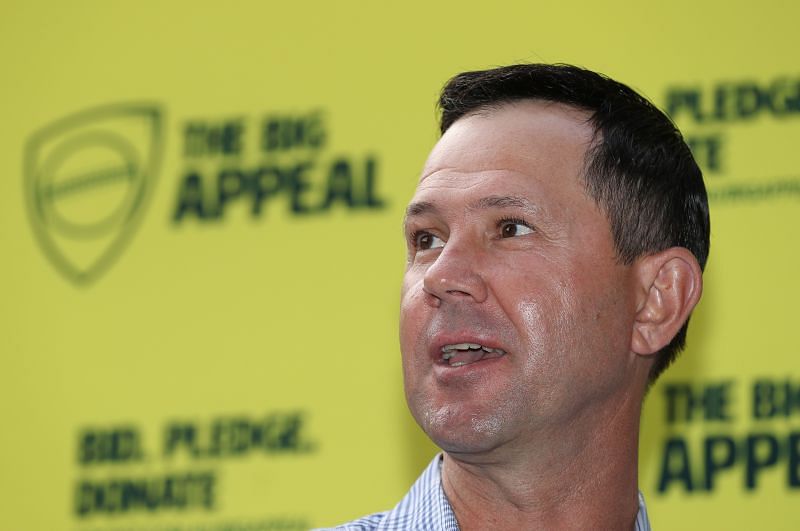
Ricky Ponting cites 'lack of senior figures' as a potential reason for Sandpaper Gate

In a recently concluded charity function for the Chappell Foundation, Ricky Ponting opened up on the circumstances that might have led to the infamous Sandpaper Gate, which took place at Newlands in 2018.
Speaking on the incident, the former Australian skipper remarked that the lack of senior figures in the team could’ve been a probable reason for the saga to unfold as it did. He quipped -
I was a bit worried that with a lot of the experience going out of our team at the same time, that there would be a bit of a void left with experienced players to be able to say 'no' basically. If I look at where things got at Cape Town I just don't think there were enough people around that team to say 'no' to some of those guys. Things got completely out of control. That's very much an outsider's view on it.
Also see – Indian Premier League 2020 schedule
Furthermore, Ponting talked about how the sheer absence of experienced players prompted him to prolong his career much longer than he would’ve originally wanted. In fact, he went on to add -
I probably should have retired three or four years earlier than I did but I was really worried about where the direction of the Australian cricket team was going if I wasn't around. And I wanted to be around to help Warner and Smith and Nathan Lyon and Peter Siddle and Mitchell Johnson. I wanted to help them through that initial phase of their international careers because I knew it wasn't going to be easy for them.
Following the Newlands controversy, David Warner and Steve Smith, who were part of the ‘leadership group’, with the former acting as the skipper, were slapped with hefty bans. The pair was banned from any form of competitive cricket for a year whereas Cameron Bancroft, another associate of the conspiracy to tamper the ball, was handed a nine-month suspension.
However, with Ponting coming out with such a revelation, the top brasses in Australian cricket could take a cue from the former captain to ensure that nothing of the sort materialises again.